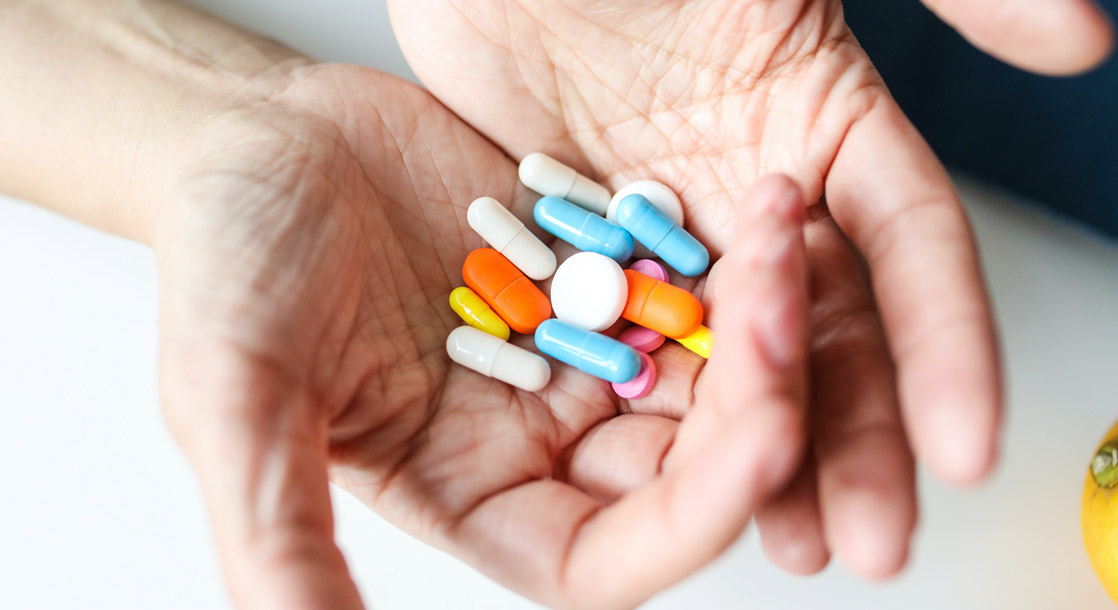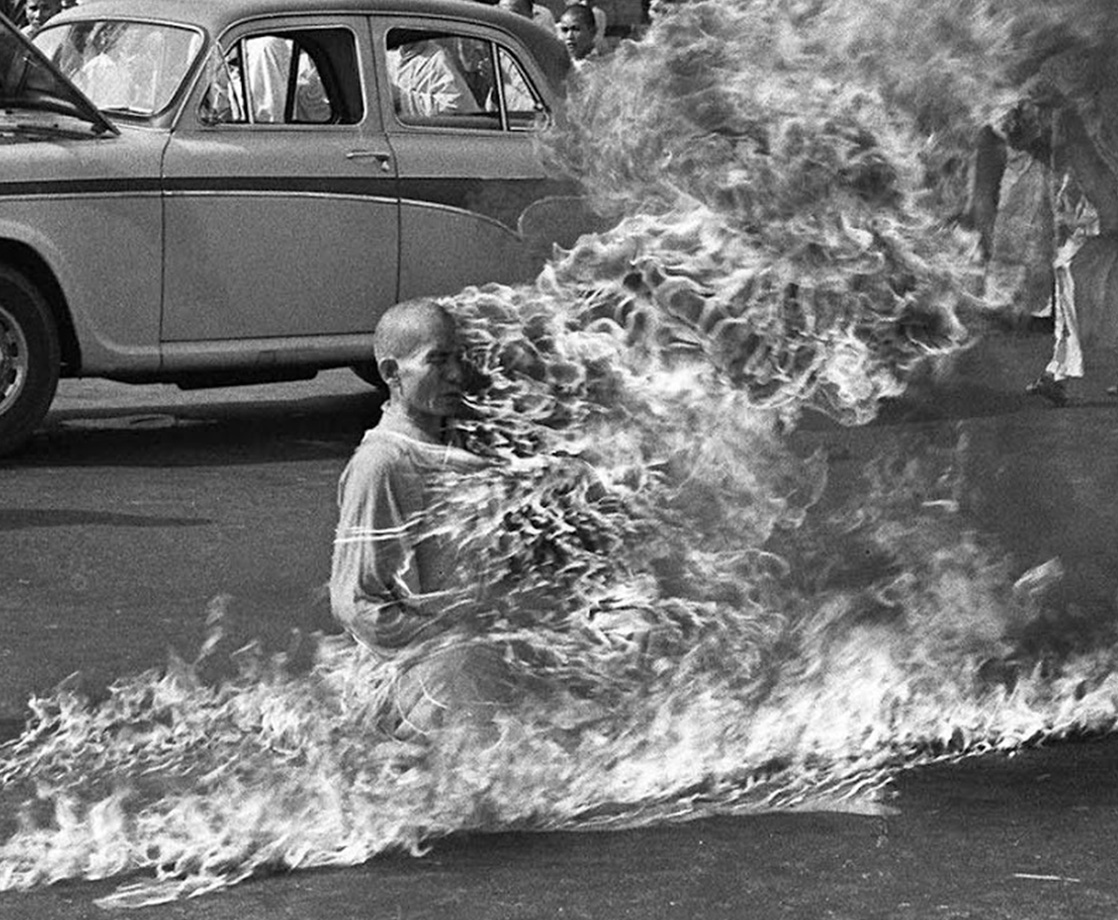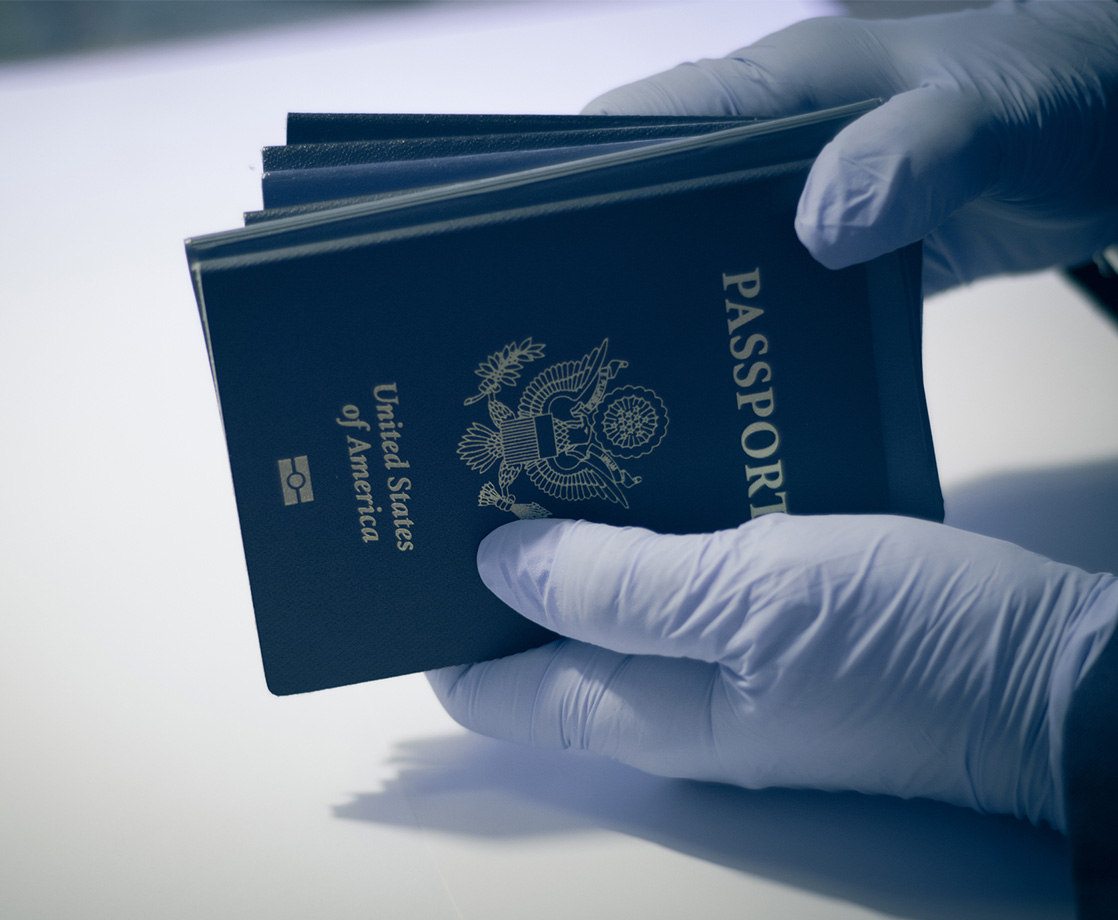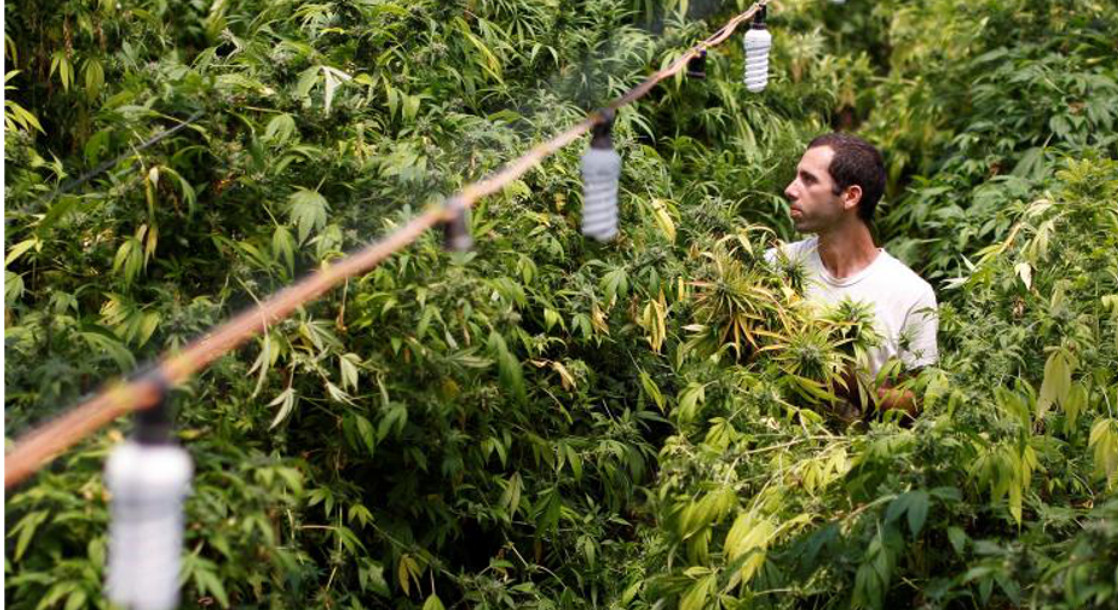The Canadian province of British Columbia is about to decriminalize the possession of illegal opioids, stimulants, and MDMA, but psilocybin and other natural psychedelics will remain prohibited.
This Tuesday, Federal Minister of Mental Health and Addictions Carolyn Bennett announced a new three-year pilot program intended to stem the tide of drug overdoses in British Columbia. Starting on January 31, 2023, British Columbians aged 18 or older will be allowed to possess up to 2.5 grams of methamphetamine, MDMA, cocaine, fentanyl, heroin, and most other opioids. The policy will remain in effect until January 2026 unless government officials amend or suspend it.
Once the program is in effect, an adult caught with any of these drugs will not face any penalty whatsoever. Cops will not be allowed to arrest, fine, or issue criminal charges for possession within the limit, and won’t even be able to confiscate drugs from users. The new policy does require police to share information about local health and social services with anyone that they catch with drugs, but users will not be forced into rehabilitation services.
There are a number of exceptions to the policy, of course. Selling, trafficking, or producing these drugs remains strictly prohibited. Anyone under the age of 18 can still be arrested, as per the country’s existing Youth Criminal Justice Act. Cops can still arrest anyone who brings decriminalized drugs into schools, child care centers, or airports, or tries to smuggle them into another province or country. And people who are driving under the influence of these drugs can still be arrested as well.
The new policy is made possible by a provision of Canada’s Controlled Drugs and Substances Act which allows health officials to issue exemptions to federal drug laws for specific medical or scientific purposes, or to otherwise promote public interest. British Columbia applied to Health Canada seeking such an exemption last fall, in hopes that the new policy would help resolve the province’s skyrocketing overdose crisis.
Nearly 10,000 British Columbians have died from drug overdoses since 2016, and over 2,200 of those deaths occurred in 2021 alone. Health advocates argue that the fear of being arrested or otherwise prosecuted for drug crimes is a deterrent that stops people from seeking help. “Fear and shame keeps drug use a secret,” said Sheila Malcolmson, British Columbia’s minister of mental health, according to the Associated Press.
“Stigma and fear of criminalization cause some people to hide their drug use, use alone, or use in other ways that increase the risk of harm,” explained Dr Theresa Tam, Canada’s chief public health officer, The Guardian reports. “This is why the Government of Canada treats substance use as a health issue, not a criminal one.”
The new decriminalization policy does not apply to psychedelics like psilocybin, LSD, DMT, and ayahuasca, however. Once the program takes effect, someone caught with natural psilocybin, which poses no overdose risk and has been proven to be an effective treatment for depression and anxiety, can still be sent to jail for years. At the same time, someone caught with deadly, addictive fentanyl or crack would be allowed to keep their drugs without consequence.
Government officials have not explained their reasoning for this exclusion, but psychedelics may have been left off the decriminalization list because they pose little to no risk of overdose. And while this might make sense on paper, this discrepancy highlights the arbitrary nature of drug prohibition laws. In contrast, Oregon’s new voter-approved drug decriminalization law applies to all prohibited drugs equally, but still requires anyone who is caught with drugs to either pay a fine or seek counseling.











